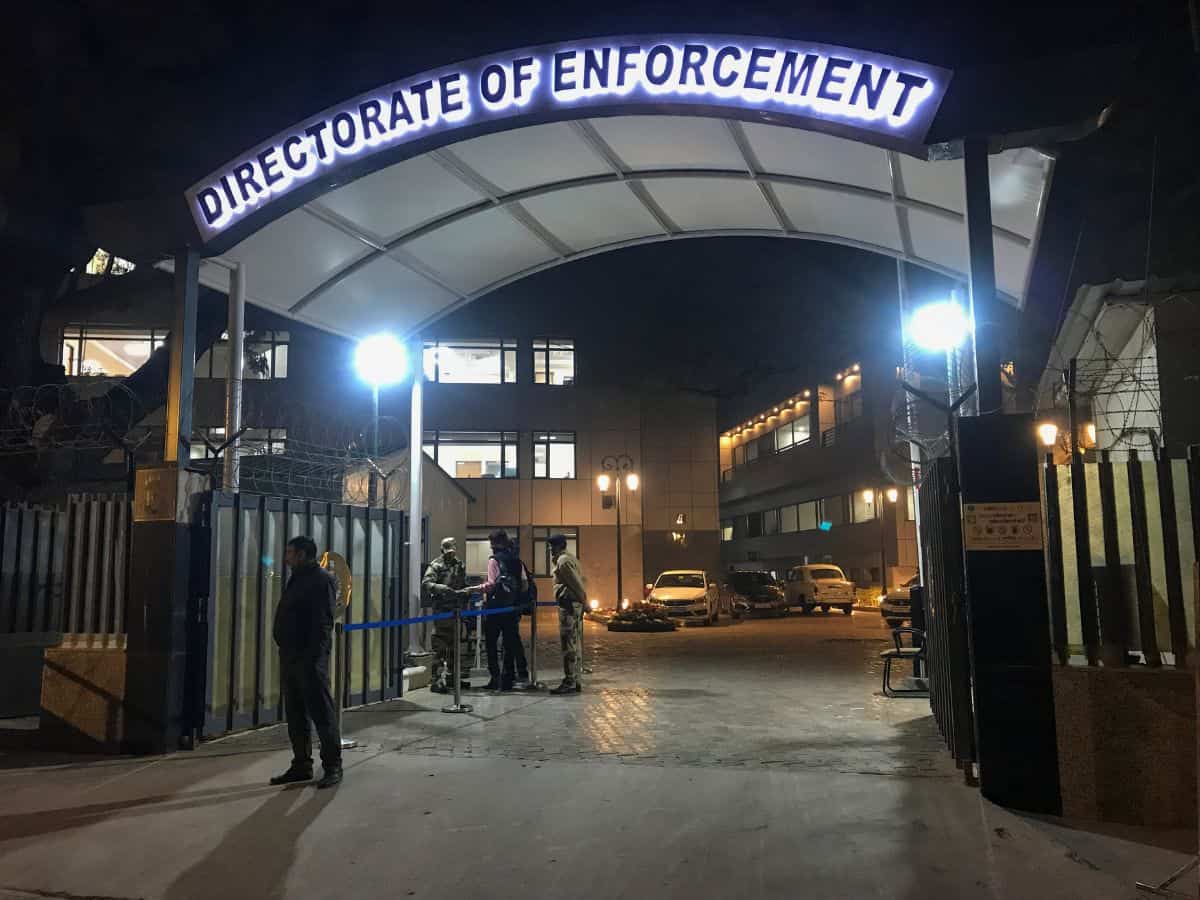
New Delhi: The enforcement directorate has issued a fresh circular directing its officials or investigating officers (IOs) to not question people called on summons at “unearthly” hours and not keep them waiting for hours at their office.
The technical circular was issued on October 11 after the Bombay High Court directed the federal agency to issue directives in this context as it took up the petition of a person who was summoned by the ED and “detained overnight and interrogated.”
The HC found that the 64-year-old petitioner was summoned to the ED office for questioning and was kept waiting for post-midnight.
Recording of his statement, at unearthly hours, “definitely results in deprivation of a person’s sleep, basic human right of an individual”, it said.
The court said it “disapproved” of such a practice by the agency and directed it to issue a circular or directive to its IOs regarding the timing and recording of statements of people following the issuance of summons under section 50 of the Prevention of Money Laundering Act (PMLA).
The ED subsequently informed the court that it had issued a fresh technical circular on October 11 in this context.
The circular said that the authorised officer or IO of the ED “shall be well prepared with copies of documents to be confronted as well as a questionnaire to examine the person summoned at appointed date and time”.
The IO, while fixing the date and time of the compliance of the summons, should ensure that the person so summoned is taken up for examination on the appointed time and date without keeping him waiting for hours, it said.
The circular added that considering the nature of money laundering offense, where a person can transfer or conceal the proceeds of crime or destroy digital evidence in a short time using online tools or by using a mobile phone or other digital media, the IO “shall endeavor to conclude the examination of the person summoned expeditiously, ideally on the same day or the following day”.
“This approach may minimize the opportunity to the person summoned either to transfer or conceal proceeds of crime or to fabricate make-believe and concocted explanations,” it said.
It added that the IO should be made to record statements of persons summoned during “earthly hours”, which is during office hours rather than stretching it too late at night.
It added an examination of senior citizens, persons with a serious medical condition, sick or infirm (subject to verification of medical records or condition), should be “restricted” to earthly hours and that it would be “appropriate to adjourn the examination to next date or any other mutually agreed date as a matter of practice”.
In exceptional circumstances, the circular said, where the IO has “credible” information or material that the person if allowed to leave without completion of the examination will either alienate proceeds of crime or destroy evidence or past conduct of the person summoned or abscond or may not join the investigation, the IO may record the statement “beyond earthly hours” after recording such reason on case file and taking approval of a senior officer.
The HC bench of Justice Prithviraj K Chavan and Justice Revati Mohite Dere asked the ED to put up this circular on its website and X handle in its final order issued while disposing off the petition on October 14.
The ED has the power to question people linked to a case investigation and accused under the PMLA, the Foreign Exchange Management Act (FEMA) and the Fugitive Economic Offenders Act (FEOA).
